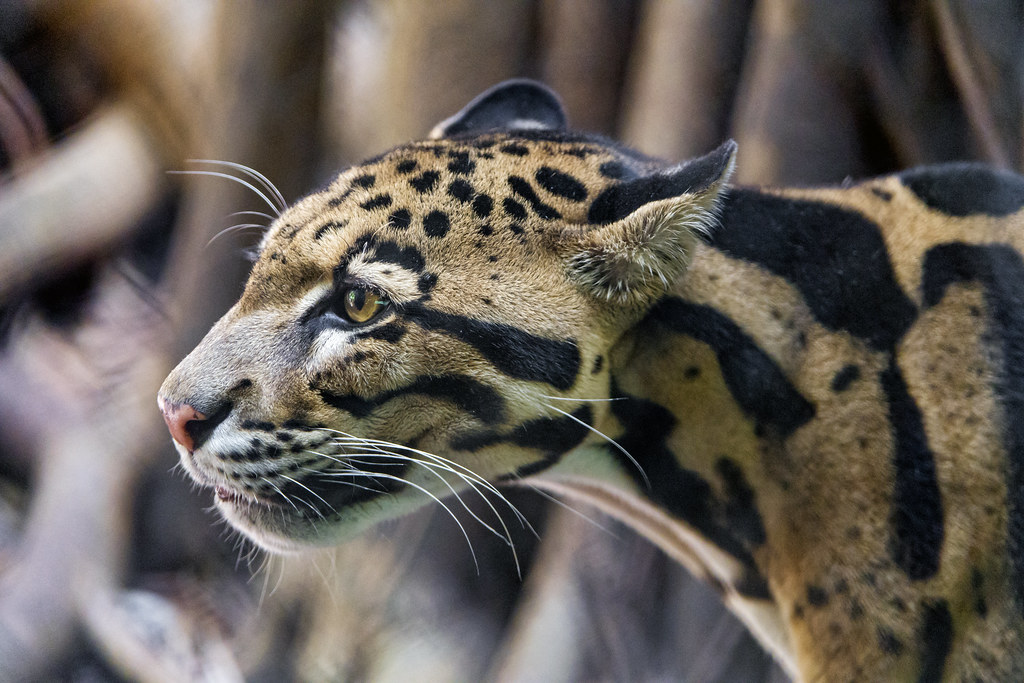More unnecessary exotic pet bans arise every year. This newly enacted law, H. 3531, is not that bad by itself. I am unaware of what other animals South Carolina prohibits the private possession of, but I am, for once, pleased to see that this law only regulates big cats, which does not include servals, caracals, Asian leopard cats, ect., bears, and great apes. Particularly interesting is that only great apes, not monkeys, are addressed when I often see them lumped into the same category. The family canidae is surprisingly not present as well.
All of these animals are large enough to cause significant injury or
death to adult humans. There are no exceptions. The ‘least dangerous’ of the
big cat group are cheetahs, snow and clouded leopards, but these are still
sizable felines that regularly take down large prey in the wild. Their temperament
and specialist hunting and prey preferences are the only factors that make
serious attacks uncommon with them, but they should not be owned by ‘just
anyone’.
All bears can be deadly and should be treated as such. As for great
apes, recent legislation probably makes owning one privately today near
impossible. Mostly chimps and less often orangutans have been owned as pets in
the past; as far as I know gorillas and bonobos haven’t. Chimps are one of the
most dangerous ‘exotic pets’ a person can own.
I’ll always maintain that anyone that can provide safe and secure care
for large, potentially dangerous carnivores and primates should be permitted
to, although they should be able to prove this. I don’t expect any state to
entertain the idea that animal care ability, not a USDA license, should be the
deciding factor. As is typical, such minimally licensed facilities are exempt.
There are, unfortunately, many smaller zoos that shouldn’t have these
animals and wonderful private owners that should be allowed. A license, one
that a private owner can’t get because the USDA doesn’t regulate pets, does not
make these animals less dangerous to the public or the owner or protect their
welfare, as the Animal Welfare Act enforces only the bare minimum standard of
care. Many facilities have several violations but continue to operate.
Unfortunately,
these laws do not get things exactly right, but the lack of absurdly listed species
in this ban make me cautiously optimistic; if there has to be a ban that reaches North
Carolina I hope it follows suit.
“Prior to passage of the bill, South Carolina was one of
only five states with virtually no laws regarding private possession of
dangerous wild animals, which has resulted in situations such as a woman who
was mauled by a relative’s pet black bear, an 8-year-old boy who was bitten by
his family’s pet tiger, and the discovery of a tiger in a filthy, cramped cage
in a citizen’s front yard – all of which happened in the state of South
Carolina.”
The Humane Society’s dumbness knows no bounds as they list a
bite and filthy cage as a reason to ban something, as though the exact same
circumstances haven’t occurred with the accepted traditional pets.











Huh. Never expected this old place was still drawing breath. Neat to see you’re putting it to good use.
Hope you’re well.
This comment has been removed by a blog administrator.
This comment has been removed by a blog administrator.
This comment has been removed by a blog administrator.
This comment has been removed by a blog administrator.